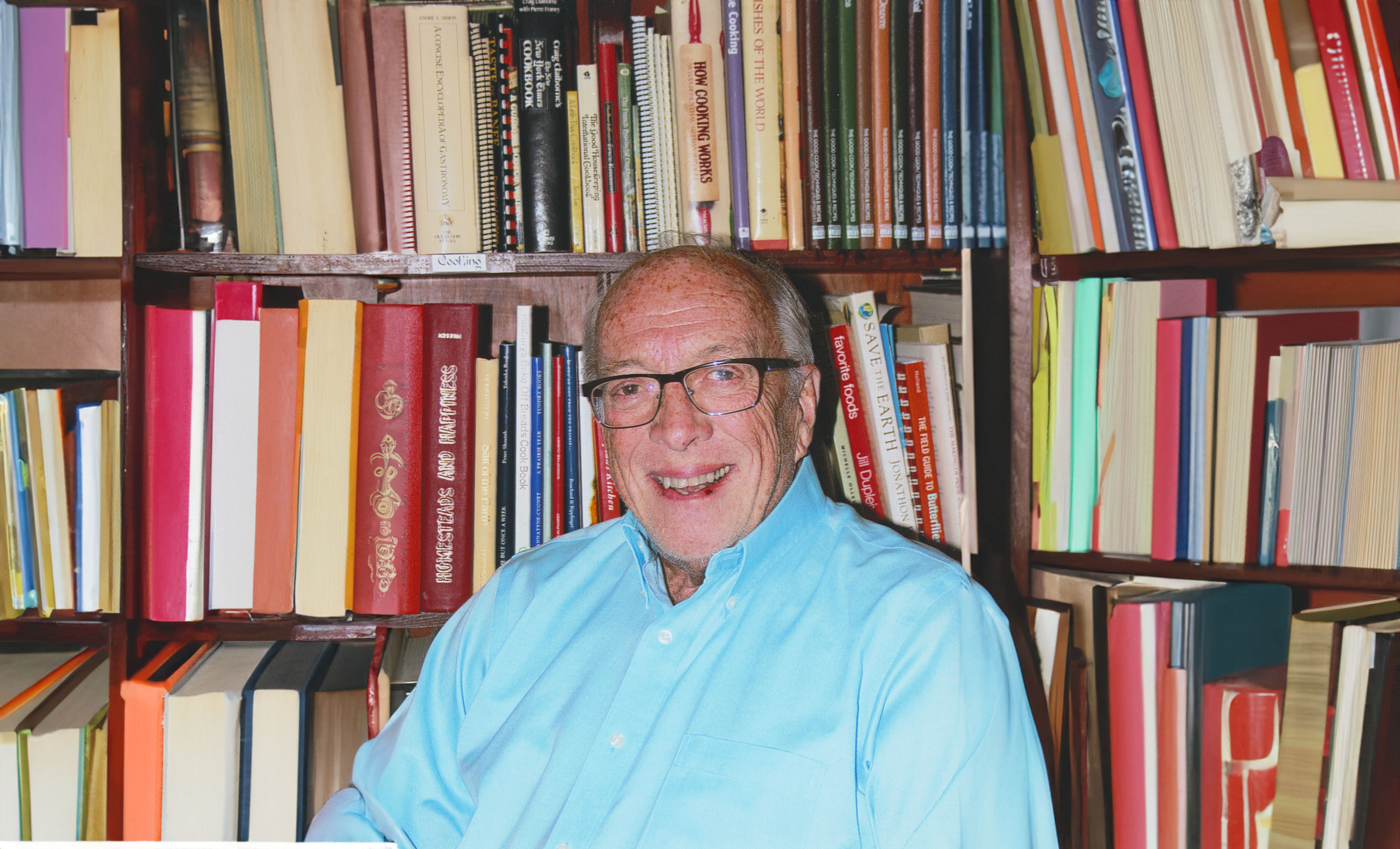A Legacy in 2SLGBTQ+ Health Care
Mary Frances Hill - 7 July 2023

In 2017, Lorne Warneke sat down with John Chan, his husband of 24 years, and expressed his regret about retiring and his wishes for the patients he’d be leaving behind. But he was getting older, and an old ankle injury caused him a lot of pain and affected his balance. That, combined with his cardiovascular disease, caused him to sustain several falls.
“We were sitting on the couch, and he was teary-eyed,” Chan recalls. “He told me, ‘I don’t want to retire, because there are so many patients who need my help. My brain wants to work but my body can’t any longer.’ He felt so bad.”
Over his more than 50-year career specializing in the psychiatric and medical care of patients in the 2SLGBTQ+ community, Warneke — a University of Alberta MD program graduate — carved his path as a tenacious fighter on their behalf. He improved countless lives in his mission to champion health-care rights for transgender populations, decades before these issues gained mainstream attention.
Gift From the Heart
Warneke passed away in 2020, just three years after his retirement. In recent years there has been growing awareness and interest by medical practitioners to follow his lead and fulfil his legacy of care for the community. More patients are now able to live healthier, more authentic lives.
Fulfilling Warneke’s wishes, Chan is overseeing his pledge to the University of Alberta to establish the Dr. Lorne Baird Warneke LGBTQ2S+ Resident Endowment. Chan also plans to build on this legacy by growing the endowment through a gift in his own estate planning. This critical fund will provide financial support to resident physicians in the Faculty of Medicine & Dentistry who are dedicated to continuing Warneke’s legacy of care and advocacy.

Funds from the endowment will be awarded to resident physicians who show an interest in scholarly work and clinical care for 2SLGBTQ+ populations, with a focus on transgender health. It’s a fitting tribute for a man who fought relentlessly for increased awareness, education and support for sexual diversity and the affirmation of gender identity in Alberta and across Canada.
A mentor to psychiatry residents, Warneke played a role in increasing the number of medical specialists in the province dedicated to transgender health. And he set the stage for the creation of the Department of Psychiatry’s Gender Program. Today the Gender Program at University of Alberta Hospital is an innovator in Canada, providing assessments and gender-affirming interventions to help transgender people lead full, comfortable lives.
Rural Roots
Raised in rural Alberta, Warneke graduated in 1967 with a medical degree from the U of A then studied psychiatry in the United Kingdom before returning to Edmonton. Early in his career he focused on treating patients dealing with obsessive-compulsive disorder. But later he expanded his focus toward advocating for transgender health. Soon enough, he was gaining recognition equally for his compassionate caregiving and his capacity to fight the establishment for key programs and services for the 2SLGBTQ+ community.
He harnessed his strength from his own struggles as a youth, Chan says. “When he was growing up, he felt marginalized and ostracized for being gay, and he was bullied all the time. That’s where he got the inspiration to fight for the rights of people who are marginalized.”
Champion and Mentor

In 1984, Warneke championed for gender affirmation surgery to be covered as part of care for the transgender population who sought it and qualified for it. (And he lobbied a second time when the surgery was delisted in 2009, only to be reinstated in 2012.) He also lobbied to change Alberta’s human rights legislation to include sexual orientation as a protected area. In 1996, to serve transgender patients, Warneke founded the Grey Nuns Community Hospital Gender Clinic, the first of its kind in Canada.
Warneke faced numerous challenges and blatant discrimination in his work, but received a Distinguished Alumni Award from the U of A when he retired in 2017 for remaining steadfast on behalf of the community.
“Lorne said to me, ‘These are people who need to be who they are, so they can live a happy, healthy, authentic life. He was tenacious,” Chan says. “He didn’t take ‘no’ for an answer.”
Marni Panas, a diversity and inclusion professional and advocate, got to know Warneke first as a patient, then as a trusted colleague and friend. Any new funding for advances in transgender health care builds on the impact that Warneke already made, she says.
“Having someone like Dr. Warneke in your corner, advocating for you and providing the care that he did, had an impact well beyond the examination room,” she says. “There are still many barriers that keep transgender people from existing as their true selves in society. So it’s good to see the endowment go toward more accessible, affirming care for trans people, for the education of health-care providers, connections to resources and to provide capacity for health-care providers to offer care that is often less accessible to trans people.”
Chan says that building on Warneke’s legacy with a gift to U of A medical residents is his tribute to Warneke’s character as a resilient advocate and a generous empath.
“Lorne always told me to never give up on humanity, to focus on people who love you and care about you, but most importantly, to do your best to contribute to society.”